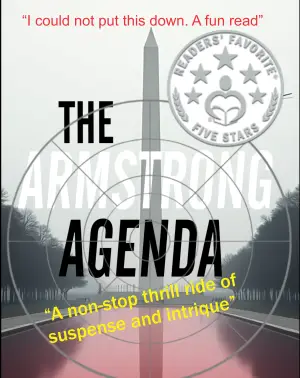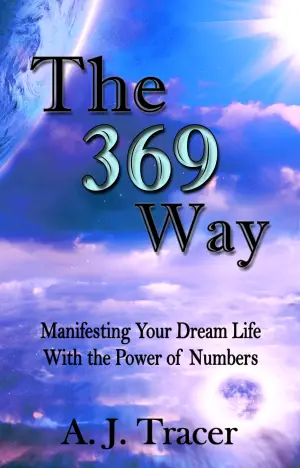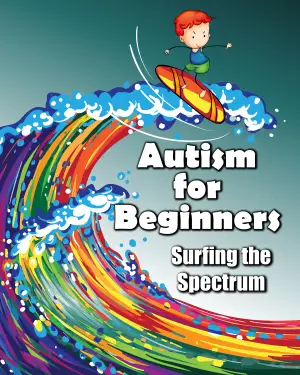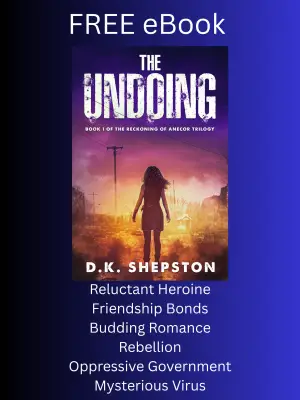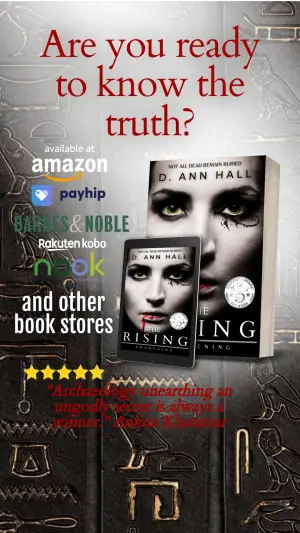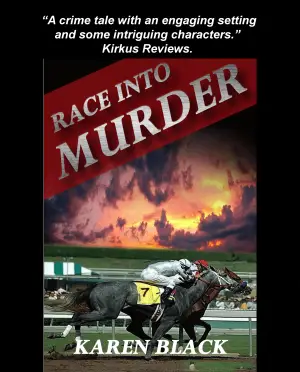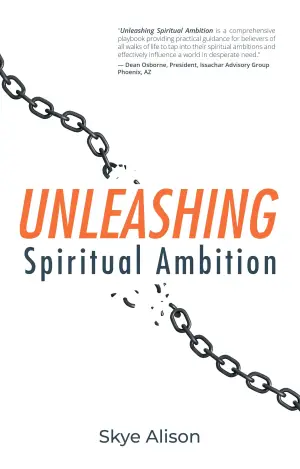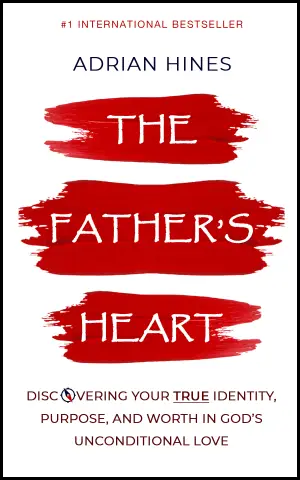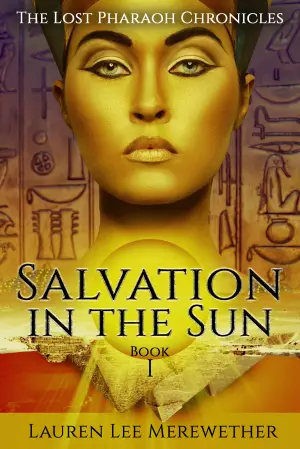A Journey into the Mind-Bending World of Dissolution by Nicholas Binge
When I first picked up Dissolution, I was immediately drawn in by its intriguing title and the promise of speculative fiction that would challenge my perceptions. Little did I know that I was signing up for a ride that would twist and turn my understanding of narrative itself. Nicholas Binge takes us on a complex journey that left me pondering long after I turned the last page.
From the outset, the premise is captivating—a world that encourages a maximum capacity for disbelief. Buckle up! Binge invites readers into a labyrinth that requires not just an ordinary suspension of belief, but a concerted effort to stretch it further and further. The opening chapters unfold at a slow burn, setting the stage for a plot that is intricate yet reveals itself at a deliberate pace. Honestly, I found myself in a conundrum: I know I ought to be interested, but the first hundred pages felt more like set-up than action. Yet, a small but persistent voice told me to hang in there, reminding me that sometimes the best stories take time to simmer.
The narrative flips between multiple timelines, weaving together a tapestry of past and present that at times felt overwhelming. There’s a duality to the storytelling that mirrors the chaos within the characters themselves. The web of timelines is ambitious—it almost borders on too much, leading to moments where I found myself lost, questioning what was happening and when. Yet somehow, amidst the confusion, Binge plants clues and threads that would blossom into a dazzling final act.
One of the standout features of this book is the dialogue around philosophy, biology, and the supernatural—a combination that adds layers of depth. The philosophical discussions peppered throughout are not just arcane musings; they compel you to think about existence, perception, and reality itself. At times, I felt like I was trudging through technical territory, but there were also moments where the prose truly soared, illuminating the text in unexpected ways.
As I navigated the complexities of the story, I found myself simultaneously frustrated and fascinated. Honestly, it wasn’t until the denouement that the pieces began to align satisfactorily, leaving me awestruck. All the seemingly disparate threads came together, culminating in a resolution that was not only thought-provoking but undeniably rewarding. Dissolution resonates long after the last line is read, burrowing into your mind as you reflect on what you understood, what eluded you, and the sheer audacity of Binge’s imagination.
This isn’t a homerun for everyone—it demands patience and a willingness to embrace the abstract and the complex. I imagine that fans of intricate speculative fiction who enjoy philosophical musings woven into their narratives will find a lot to love here. While it may not have struck a chord with me across the board, I can’t deny its potential to provoke thought and introspection, making it a memorable read.
Ultimately, Dissolution left me in a state of wonder, urging me to revisit the text to uncover the nuances I might have missed in my first pass. Binge has crafted a complex world that warrants further exploration, and I can’t help but tip my hat to him for that. Reflecting on this challenging but rewarding experience, I find myself curious—how deeply has this book burrowed into your own thoughts?
✧ Connect with me ✧ Instagram ✧


